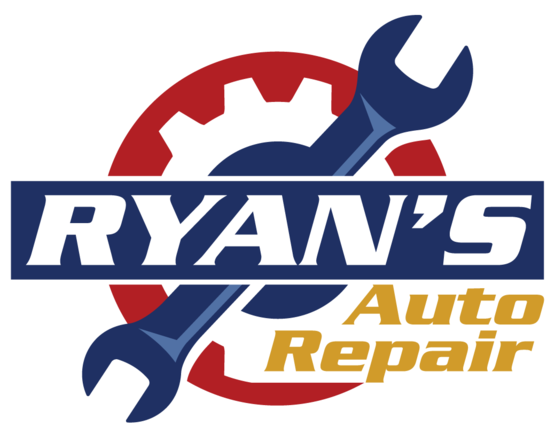Fuel for Thought
January 12, 2025
If you're like most people and drive a gasoline-powered vehicle, you need to be up to speed on its fuel-related components. They're pretty basic: the fuel, the fuel filter and the fuel pump.
The fuel's the easy part. You probably gas up your vehicle yourself and, if you're like most drivers, price is a big factor in what you put in your vehicle. Maybe you think it doesn't matter what kind of gasoline you buy, but one major automobile association has found it does make a big difference.
Their study showed that the additives that are put in different brands can affect your vehicle's performance. Certain gasoline retailers sell gasoline that meets performance standards called Top Tier. The detergents used in Top Tier gasoline help protect newer engines from carbon buildup and deposits on intake valves, all things that can affect how smoothly your engine runs, how it accelerates and what kind of fuel economy you get. You can check online or ask your service advisor where to buy Top Tier gasoline.
Another fairly simple component is the fuel filter. Depending on the age of your vehicle, you either have a separate fuel filter or one that's part of the fuel pump. The fuel filter keeps the crud out of your engine's fuel injectors. You'll get a hint that your fuel filter might be clogged if you notice your vehicle won't start, your power isn't what it used to be, your fuel economy is suffering or your Check Engine light is on.
Check with your service advisor to see what your vehicle manufacturer's recommendations are on how often to service your fuel filter. Regular maintenance can prevent expensive repairs in the future.
Finally, the most complicated part: the fuel pump. As you may have guessed, it is the part that gets the gasoline out of the tank and into the engine. If the fuel pump starts to fail, it can make a clicking or whining noise when your vehicle is running. Your engine may misfire, lose power while driving or might be hard to start in the morning. And that Check Engine light might go on. One thing that helps prolong the life of a fuel pump is keeping your gas tank at least a quarter-tank full at all times. It helps lubricate and cool the pump. If you've detected some of the symptoms of fuel pump failure, tell your service advisor.
Knowing a little about your fuel system really can be a gas!
Need Service?
More articles from Ryan's Auto Repair of Plymouth

Give it the Boot (Ball Joint Boot Replacement)
April 20, 2025
Your vehicle may be wearing boots right now and you might not even know it. They're called ball joint boots. They're actually protective, flexible things that protect parts of your suspension (called ball joints) from all the hazards the road can fling at them. If one of those ball joint boots... More

Poor Reflections (Door Mirror Problems)
April 13, 2025
Mirror, mirror on the door, why is my vision there so poor? Well, you could have a broken outside rearview mirror that's disabled your blind spot vision there and endangering your ability to see some of the traffic around you. Outside rearview (or door) mirrors are important safety devices that ... More

Ryan?s Auto Repair of Plymouth Advice on What to Pour into Your Vehicle
April 6, 2025
Changes in vehicle design and manufacture have resulted in changed fluid requirements for our vehicles. With the sophistication of engines, transmissions, differentials, etc., it's best for Plymouth residents to always use the proper type of fluid for their vehicle. Using incorrect fluids can ac... More










